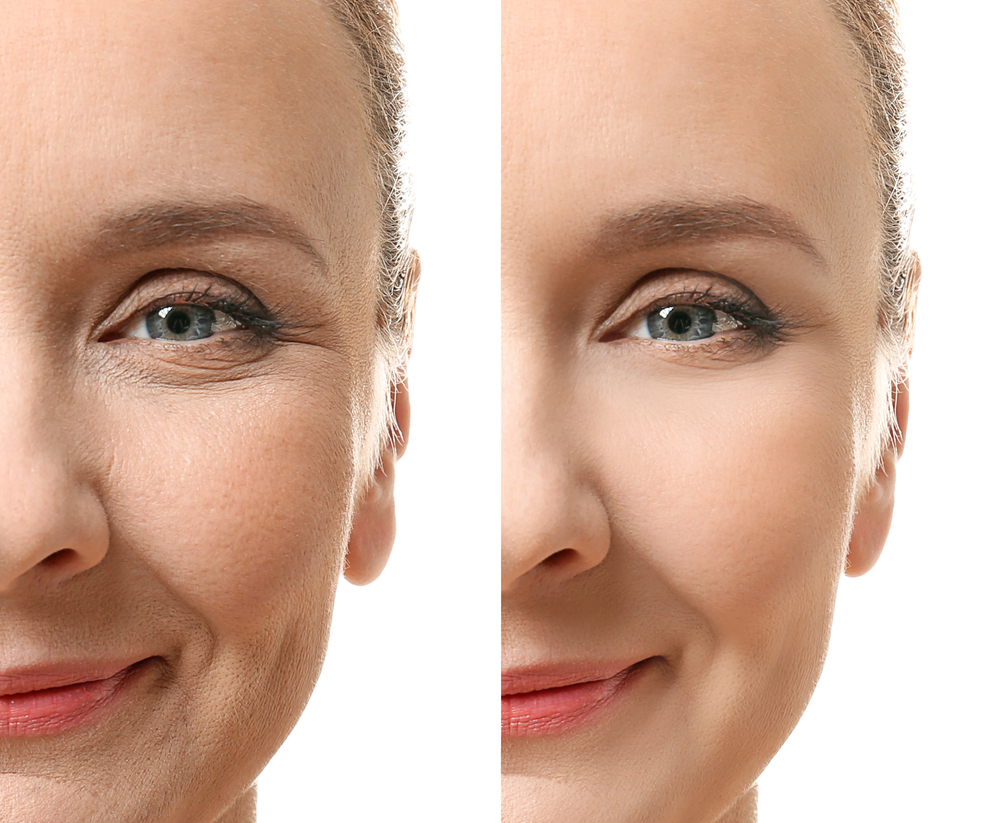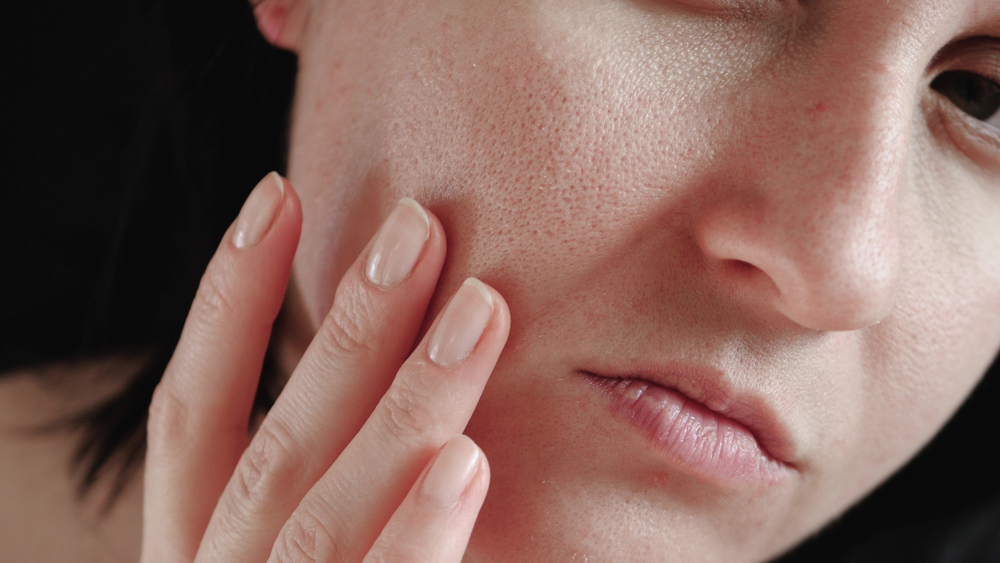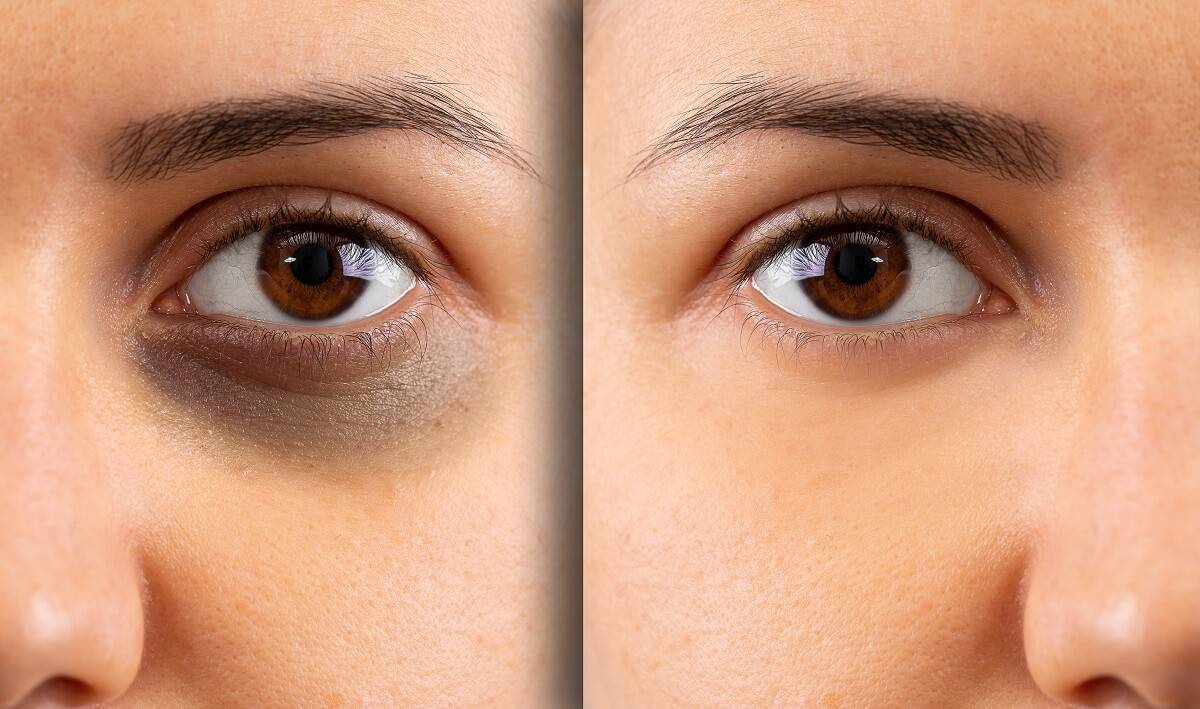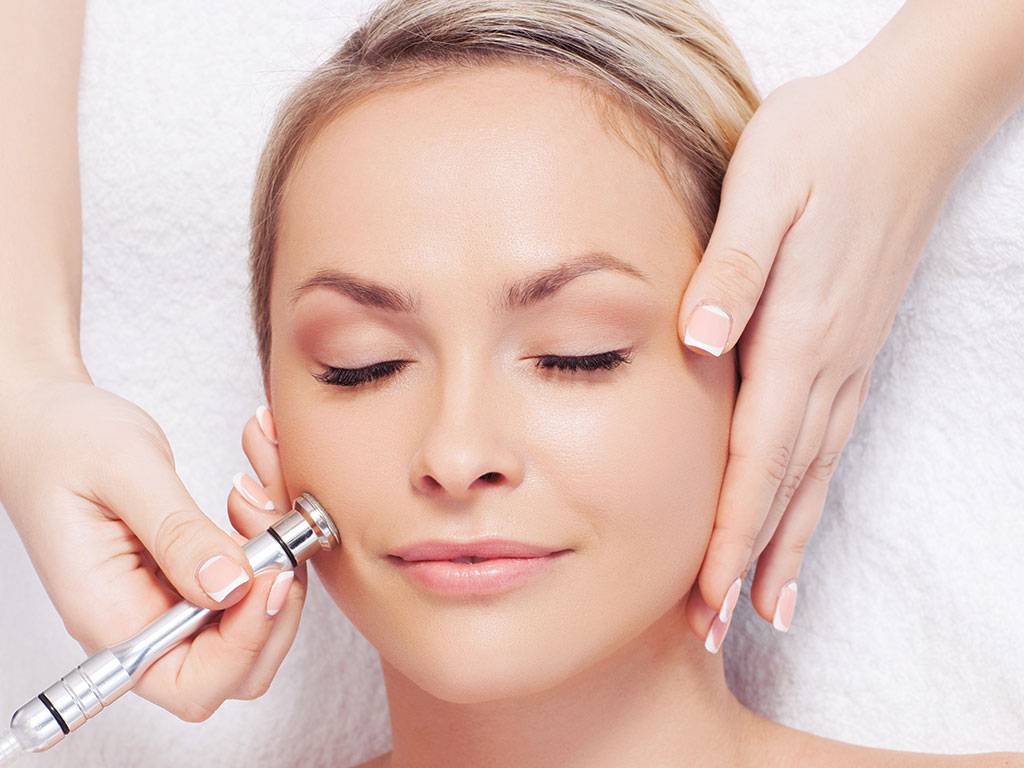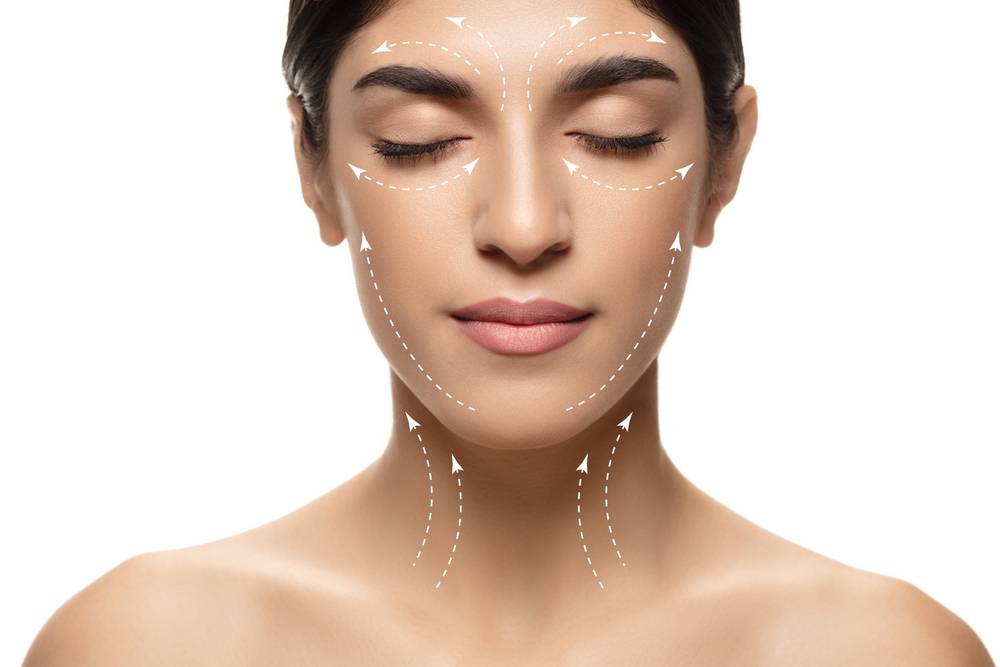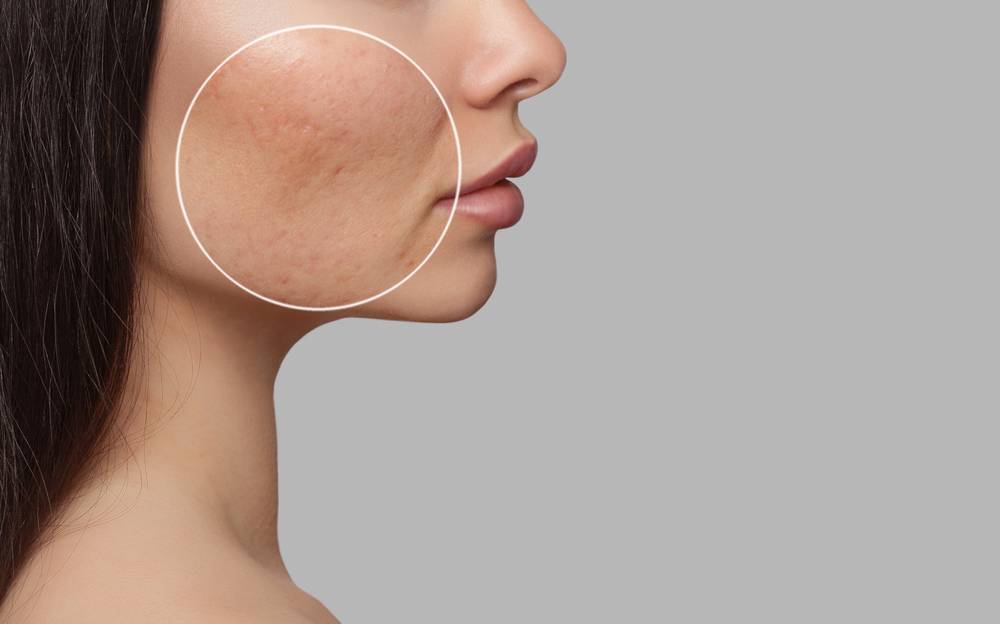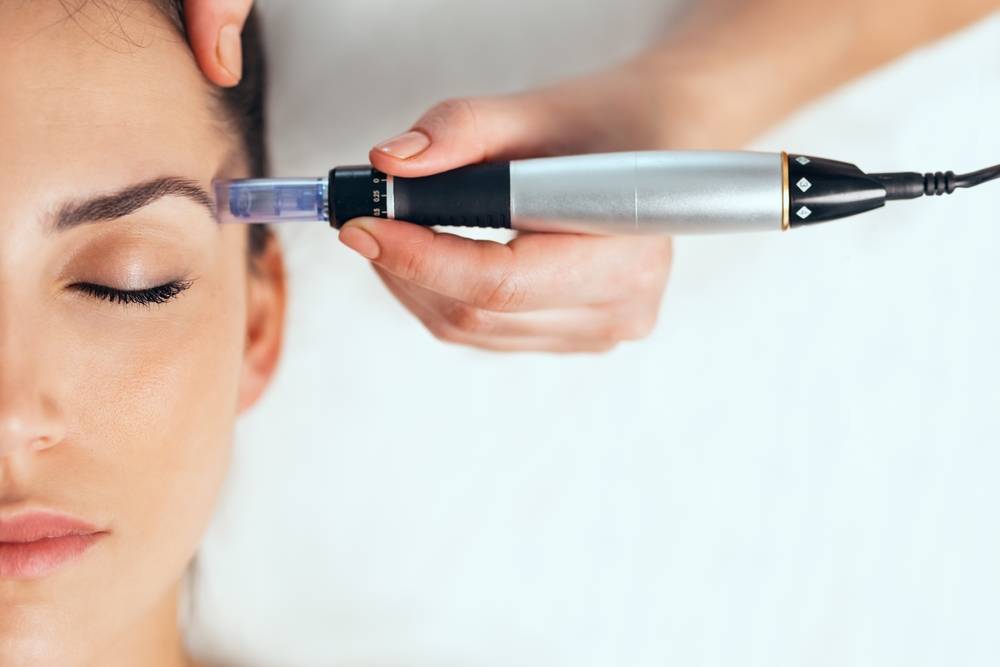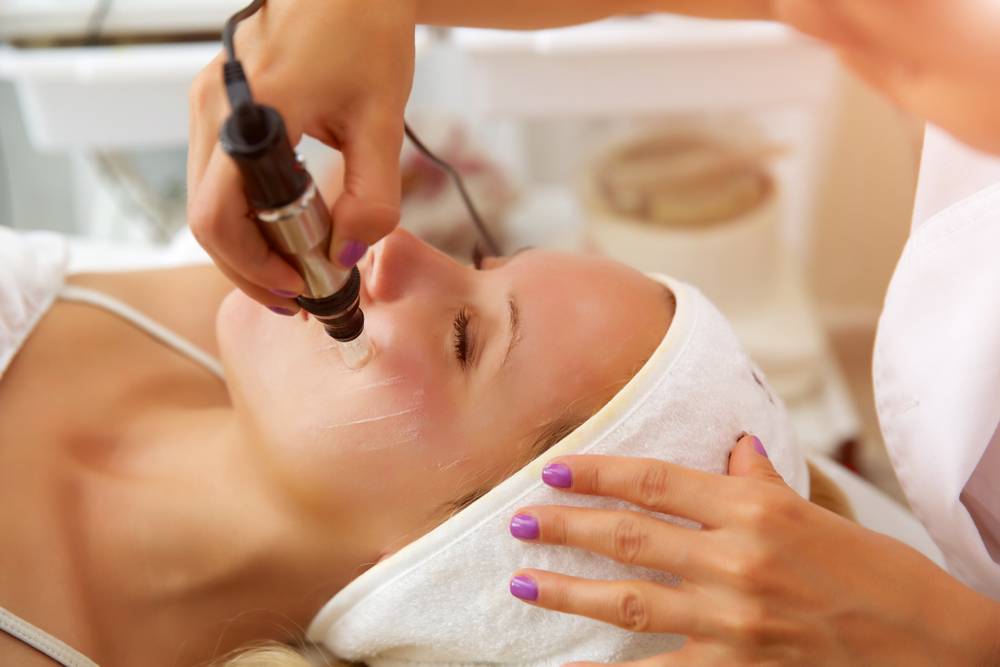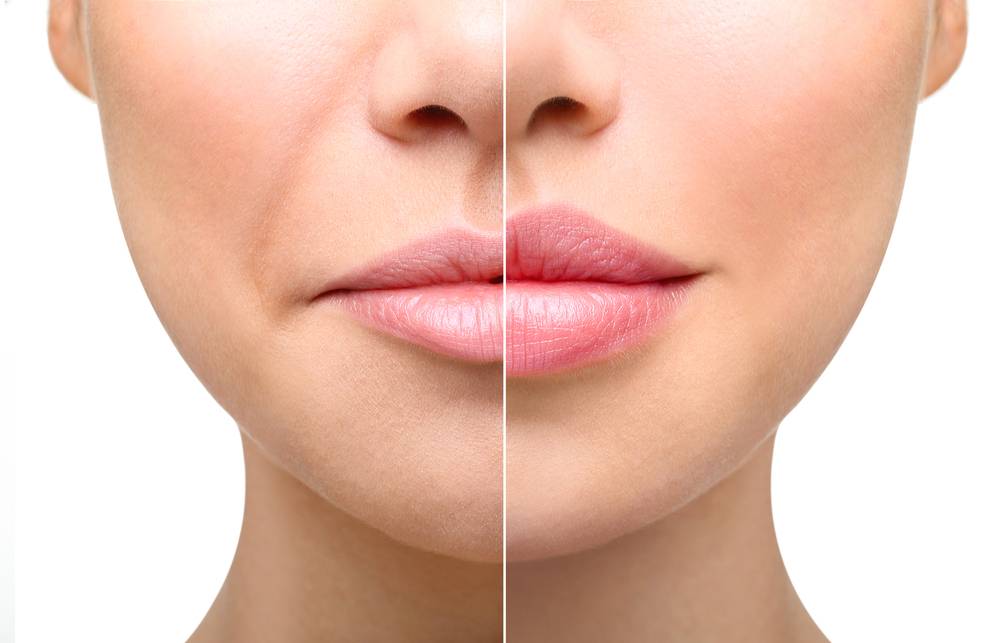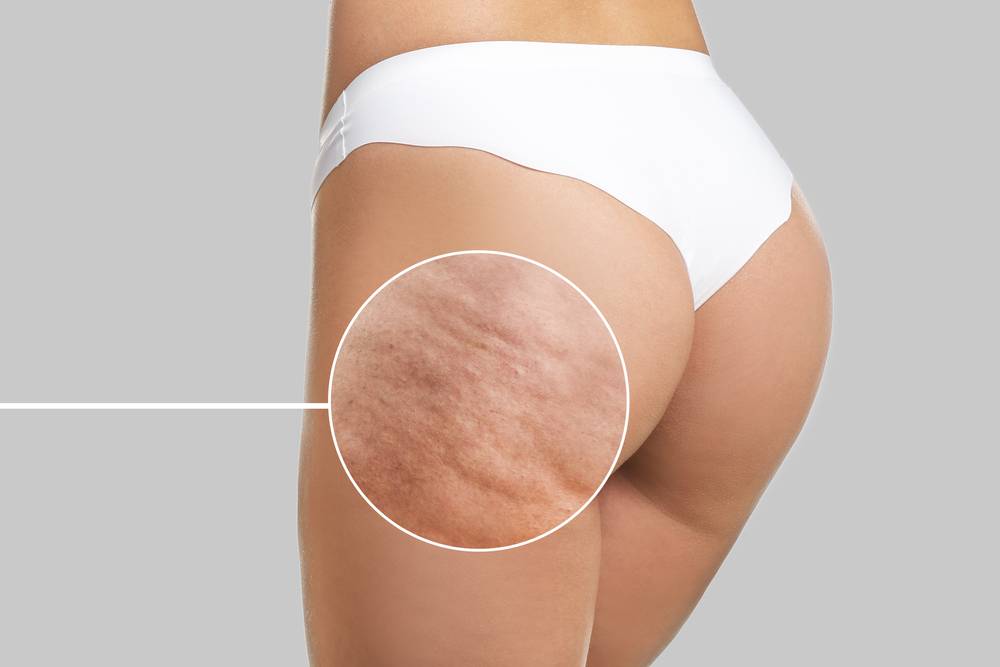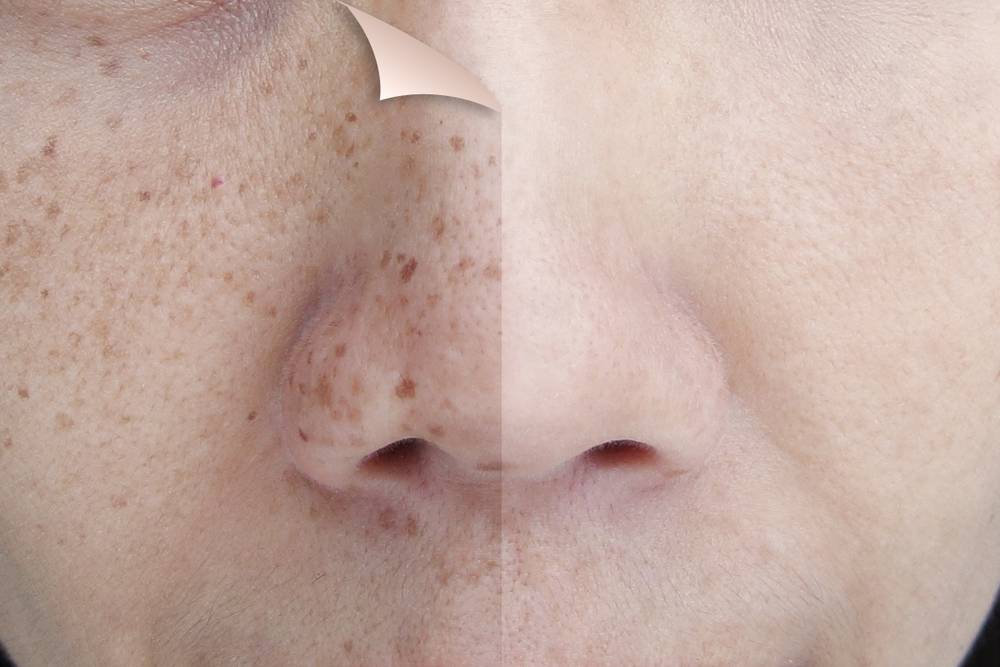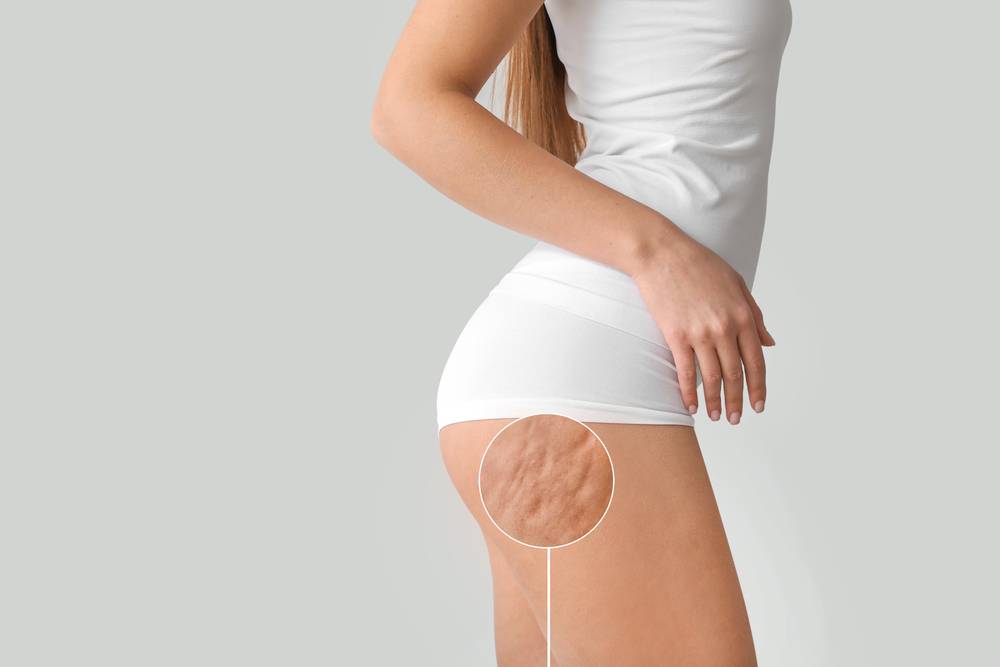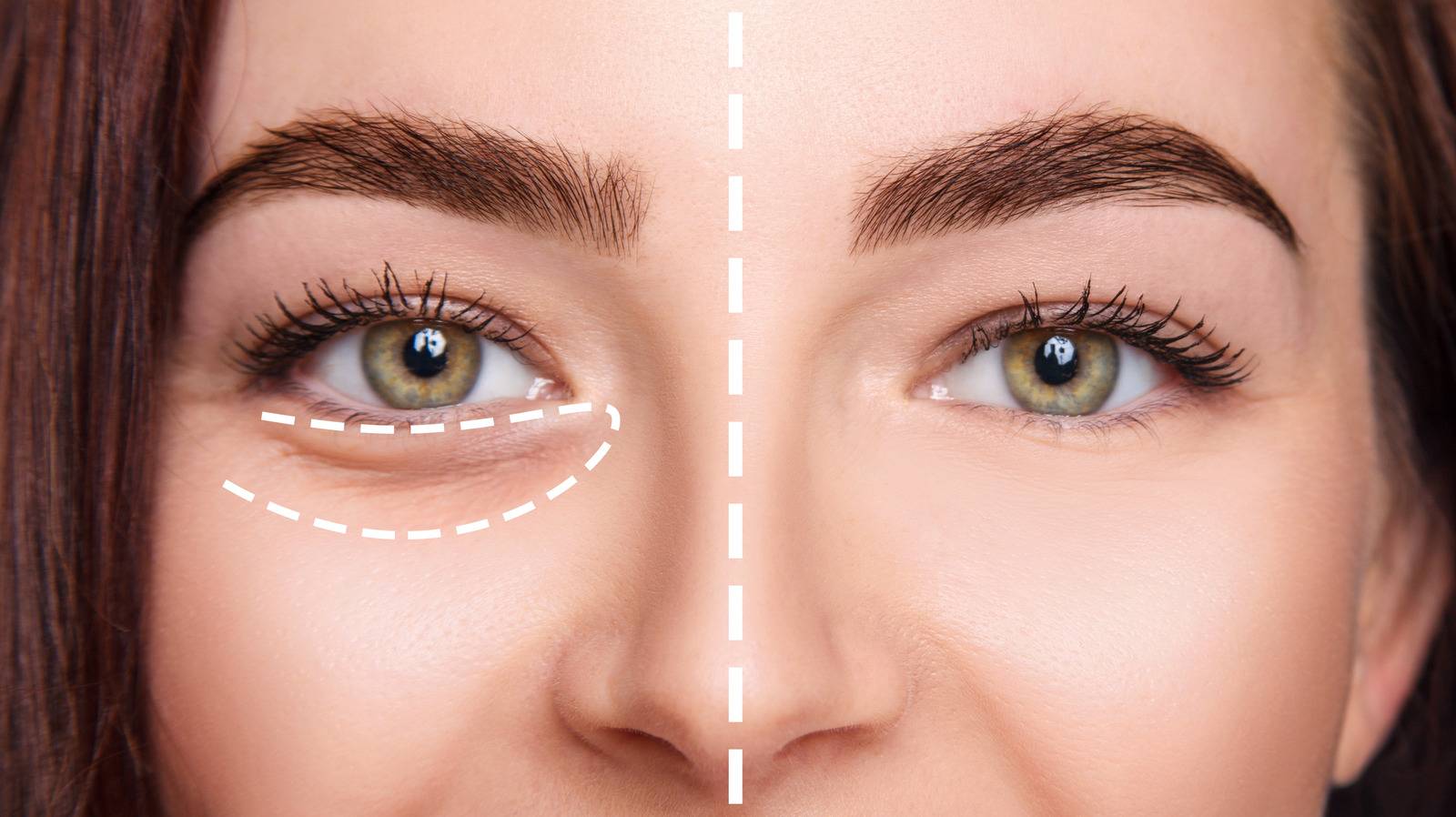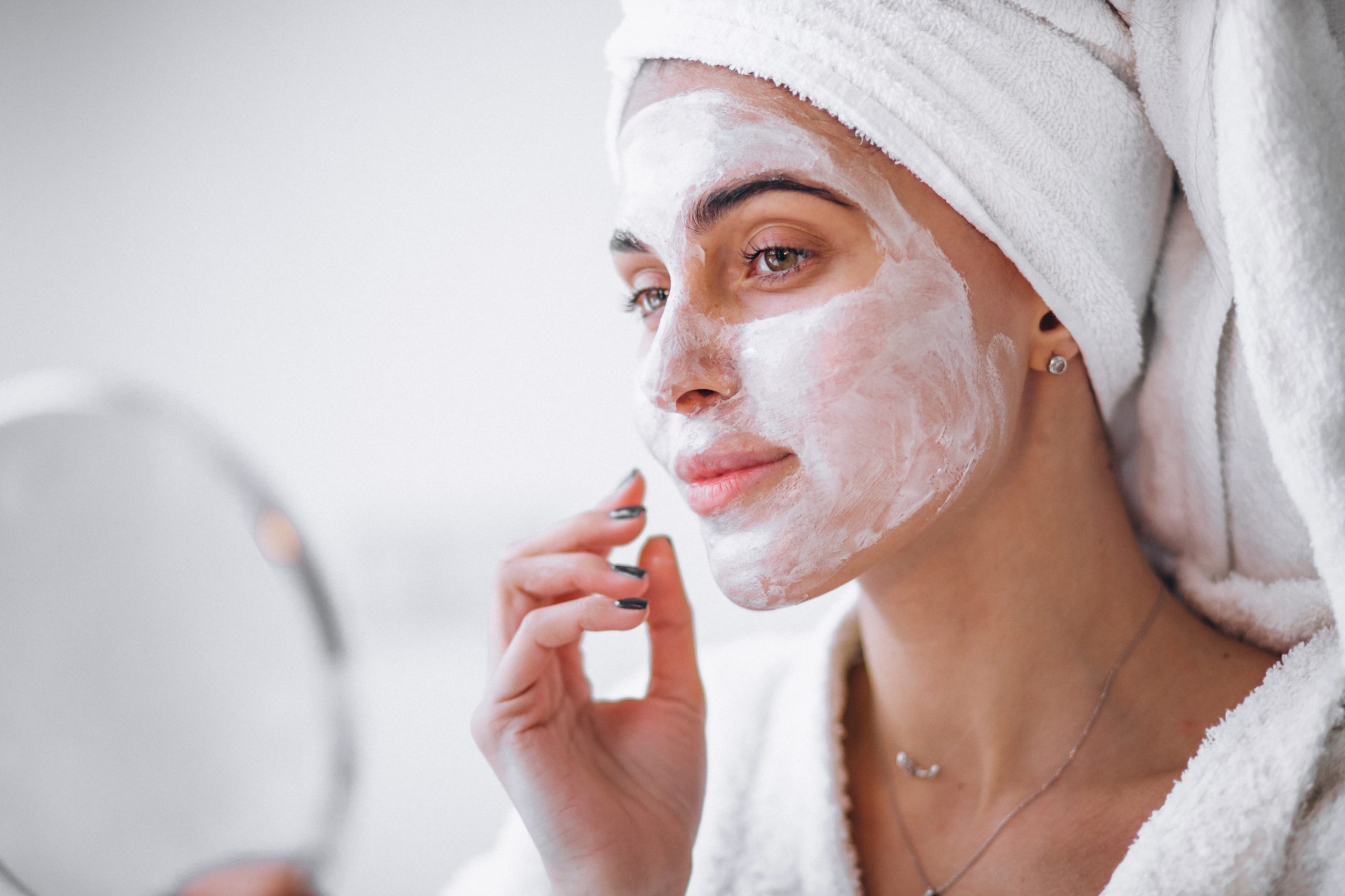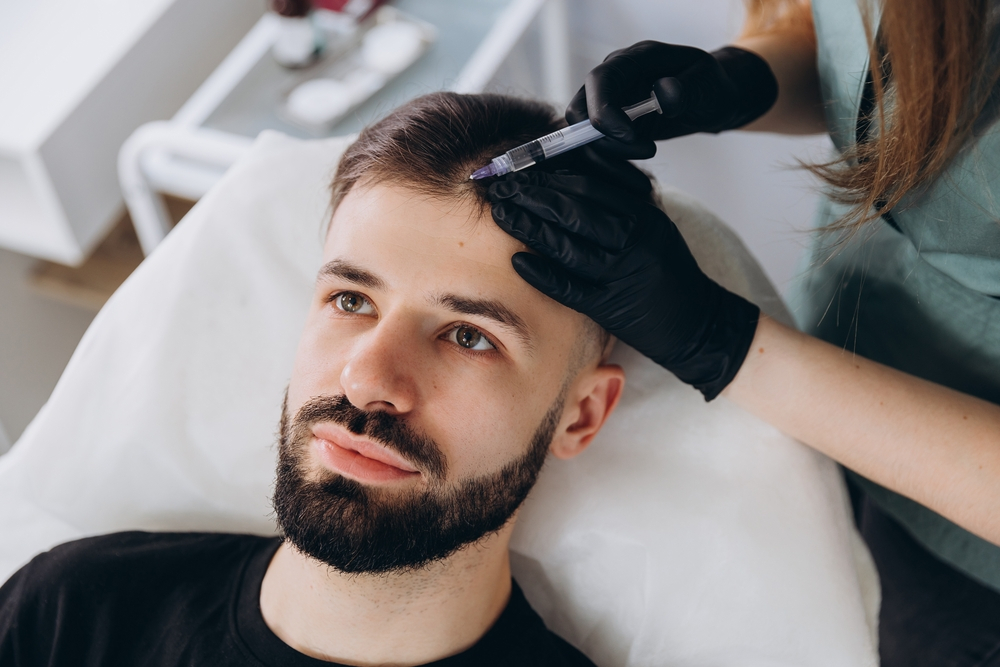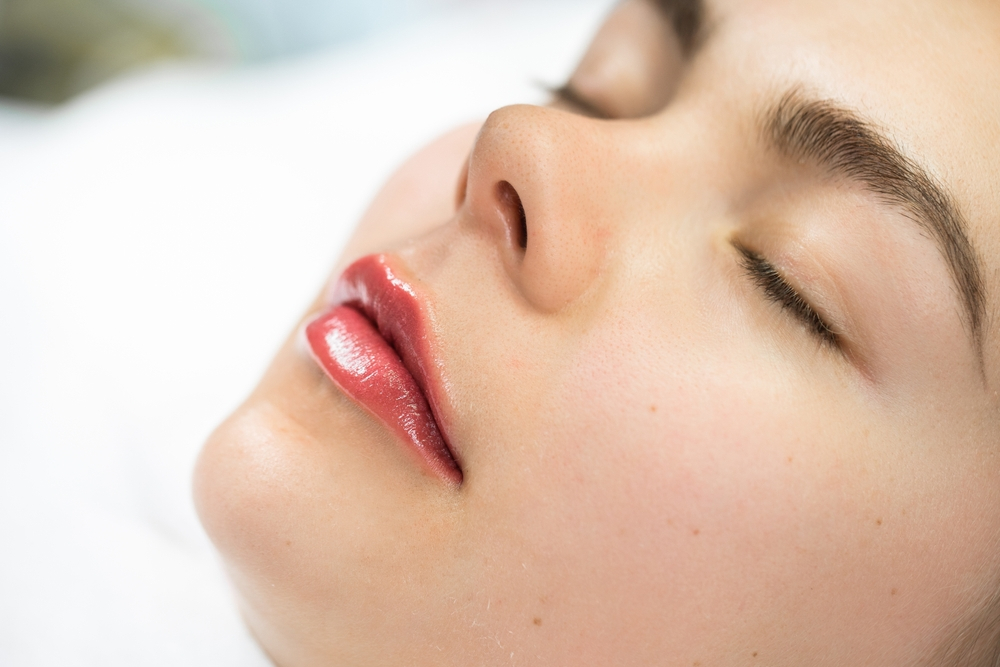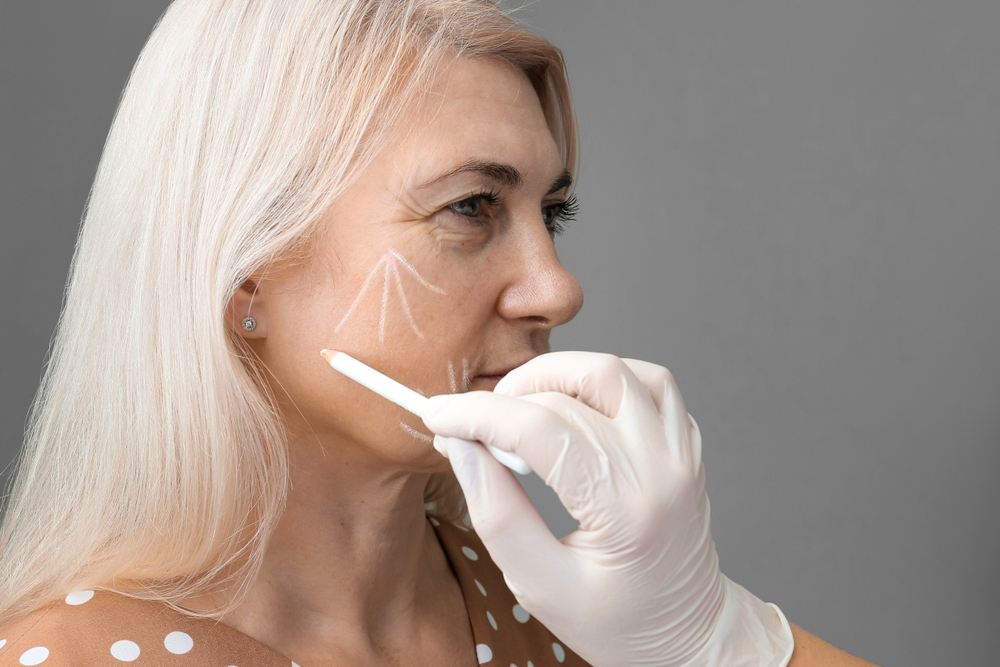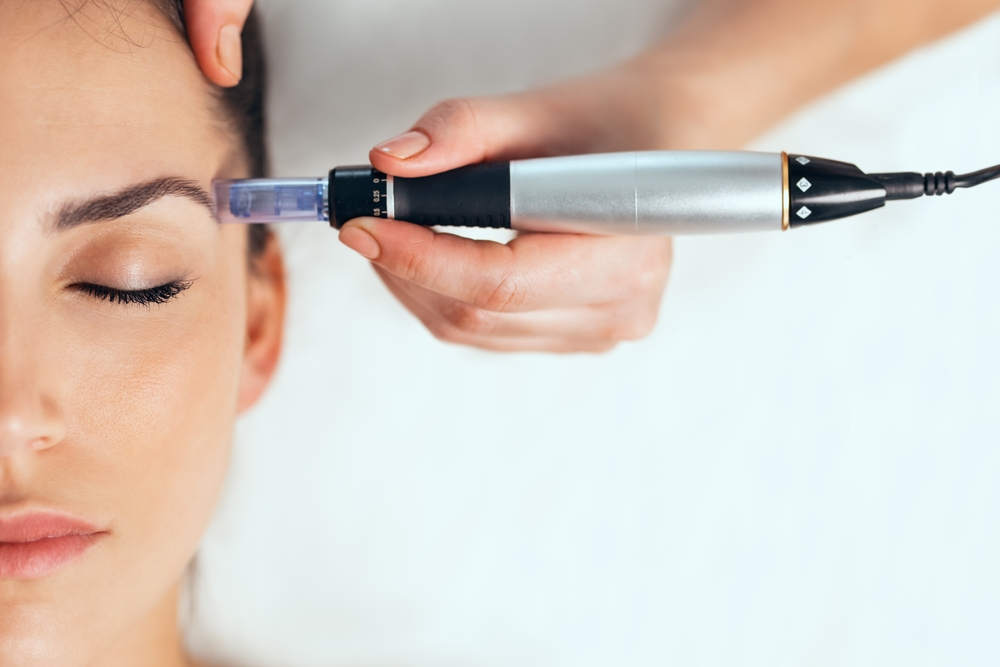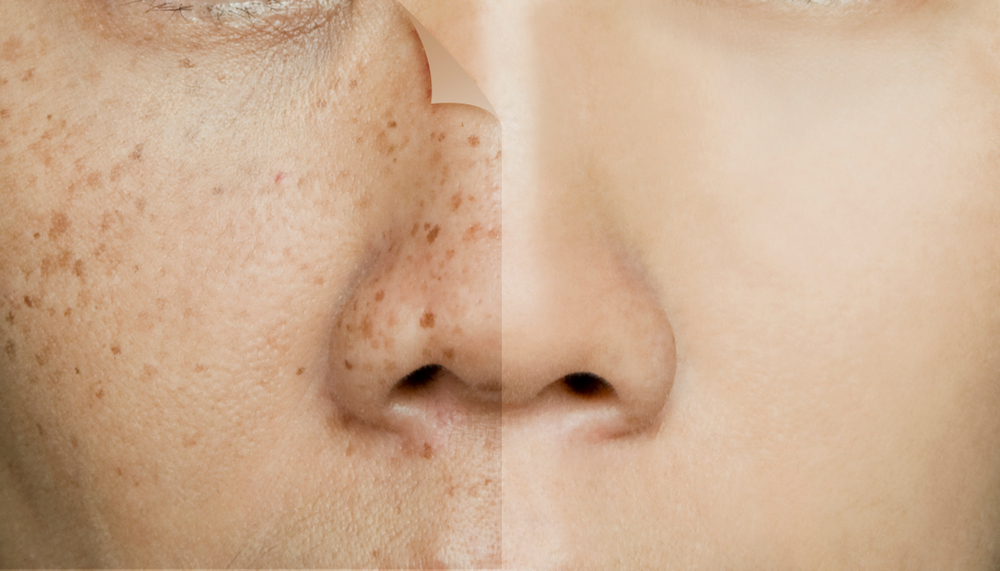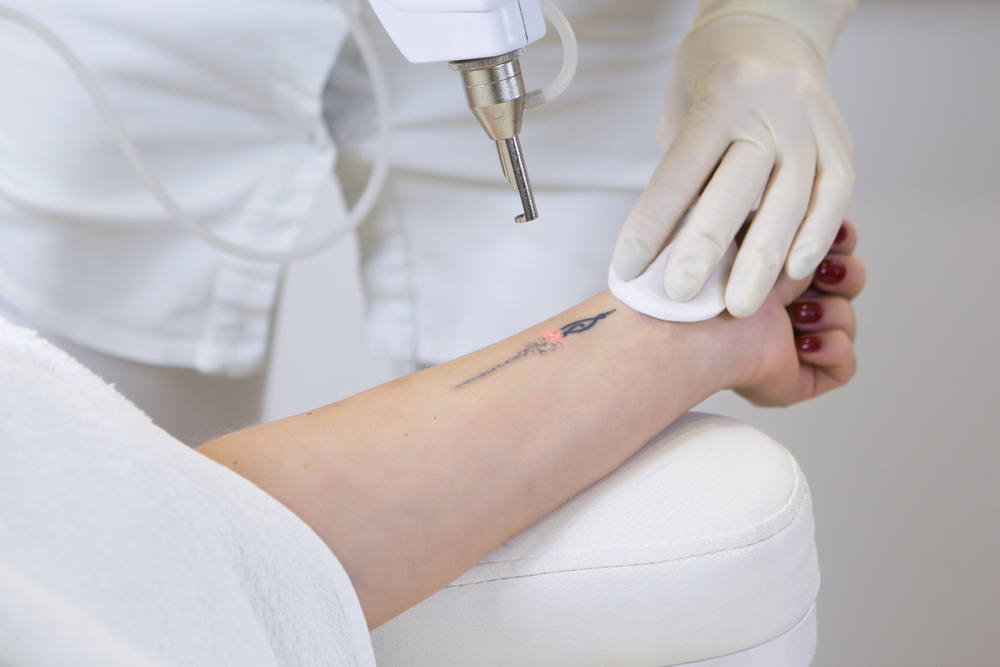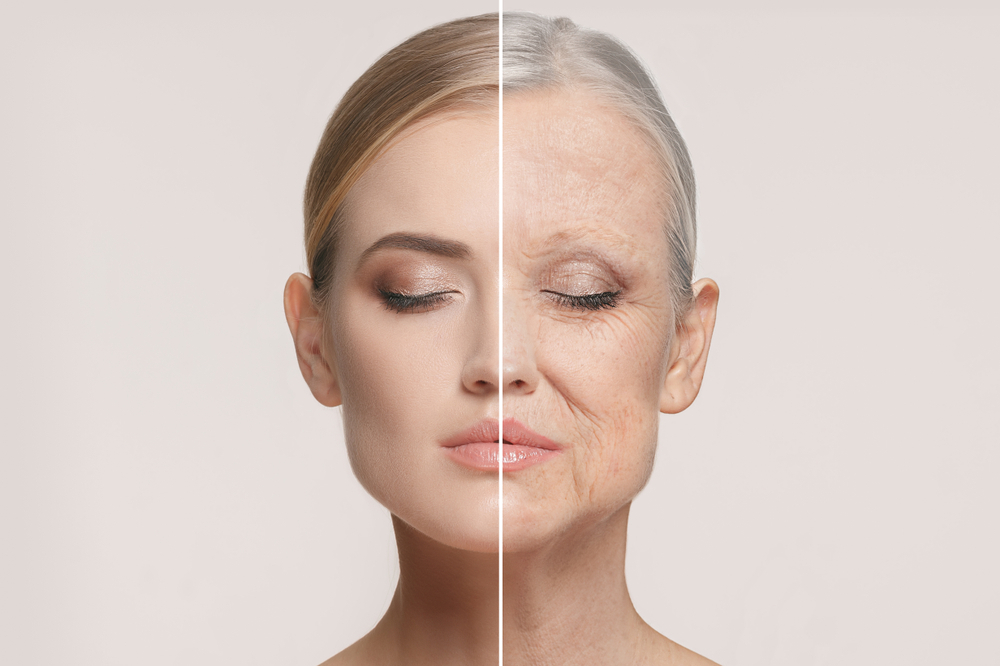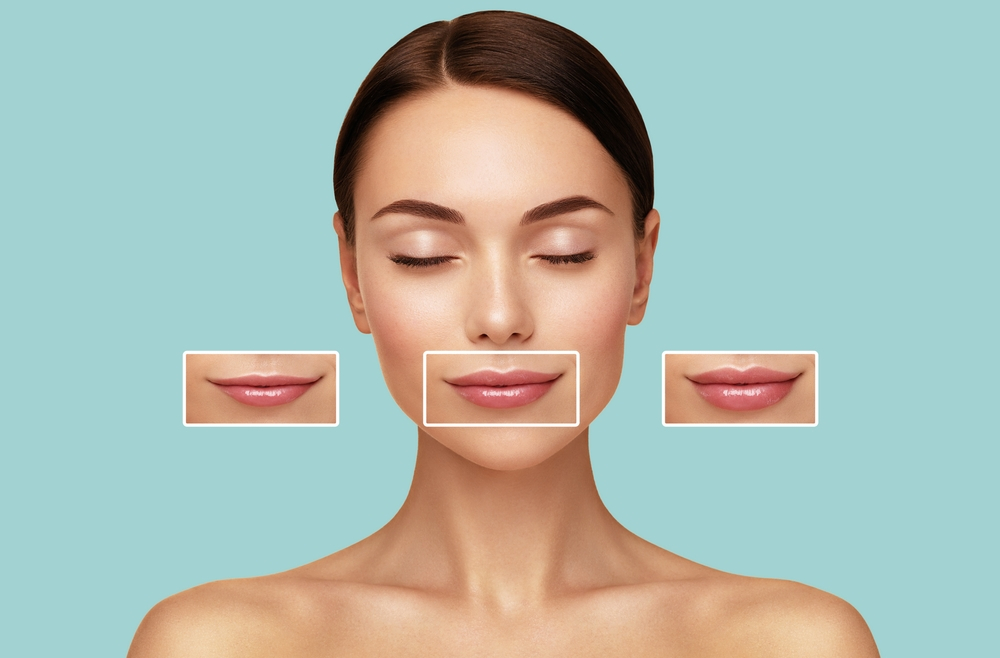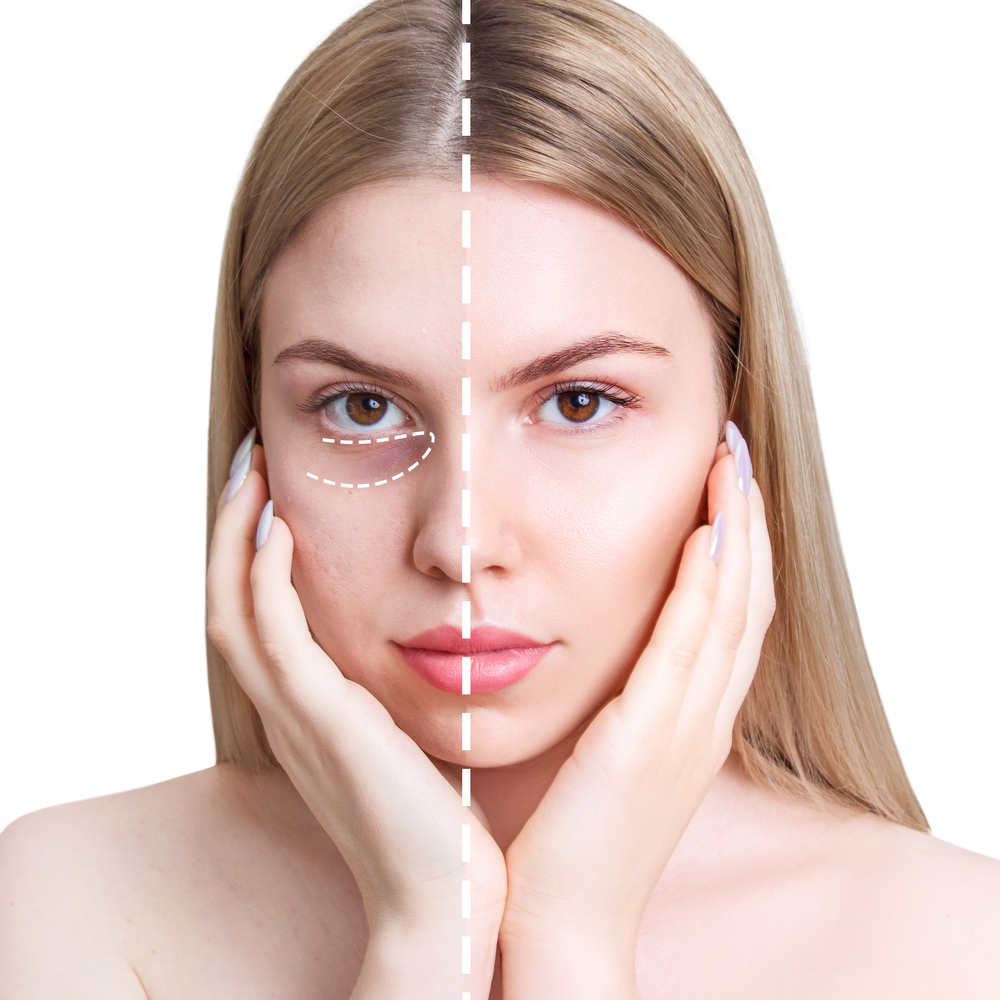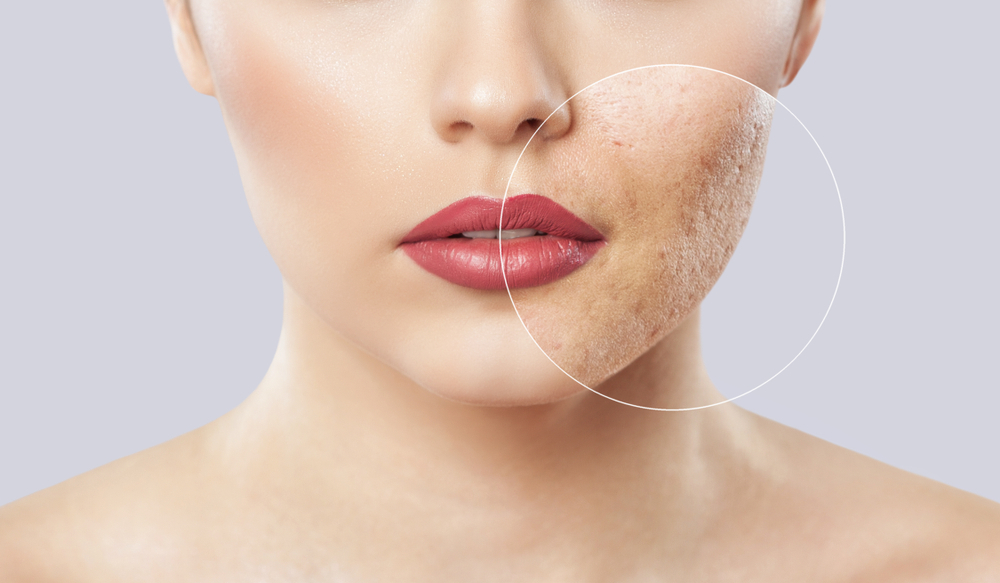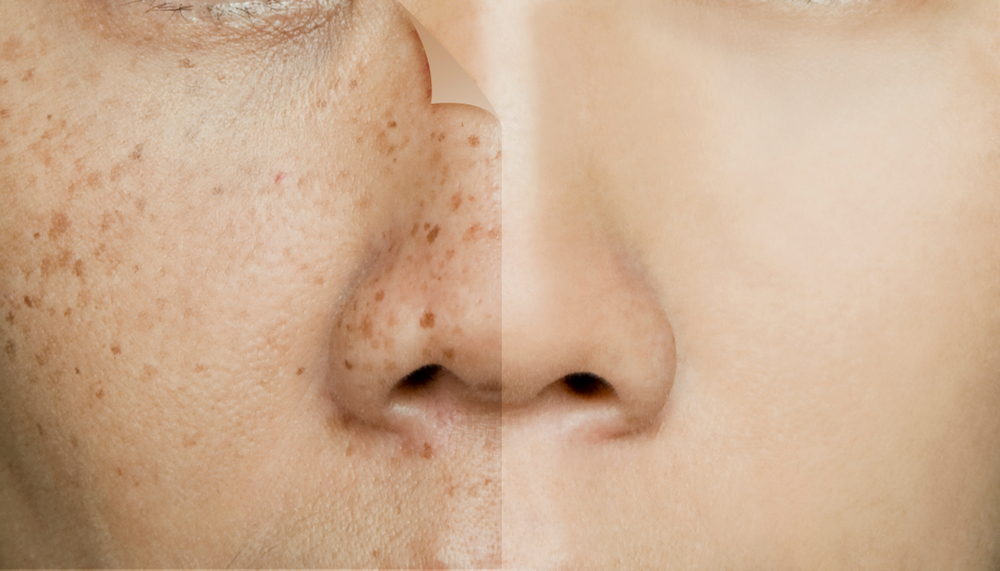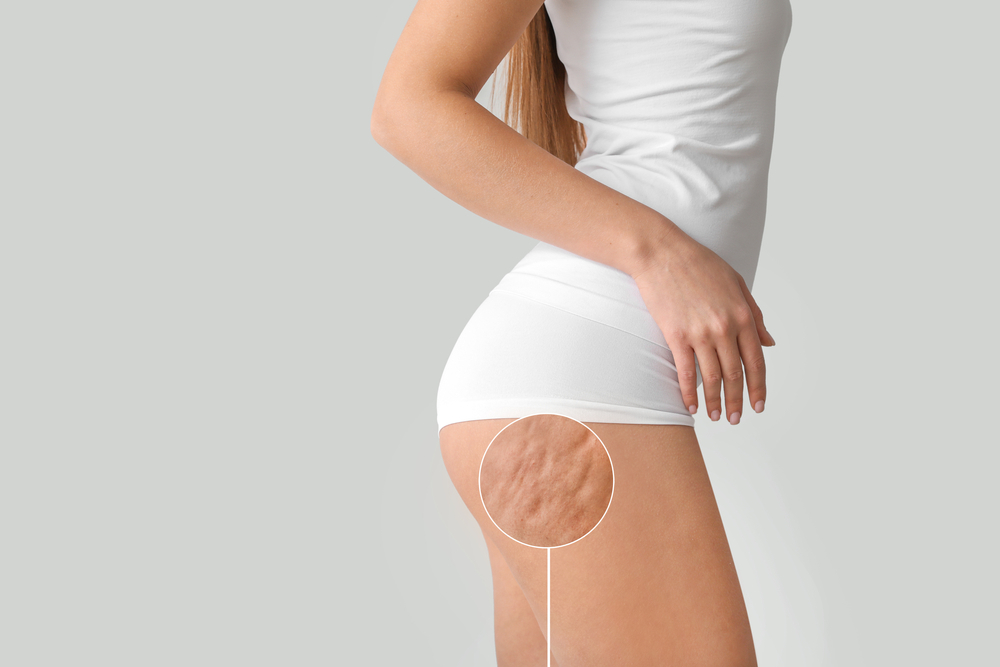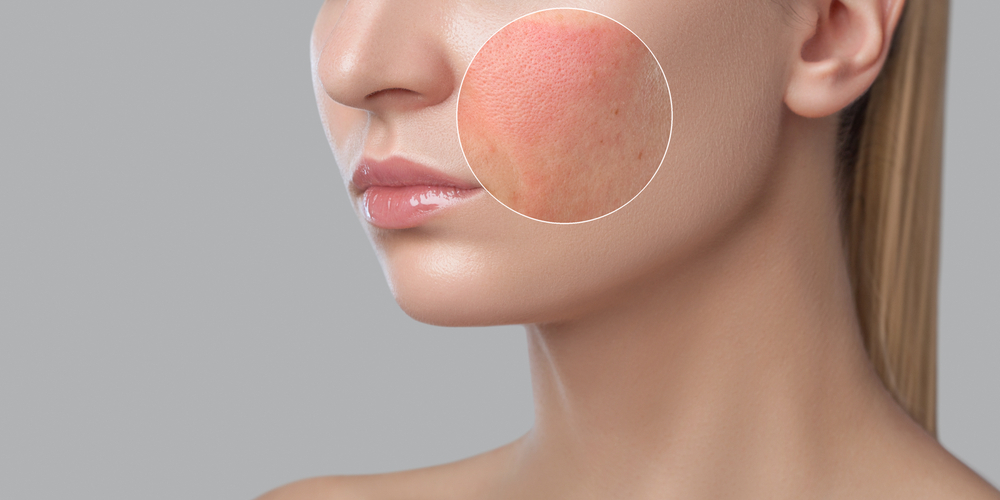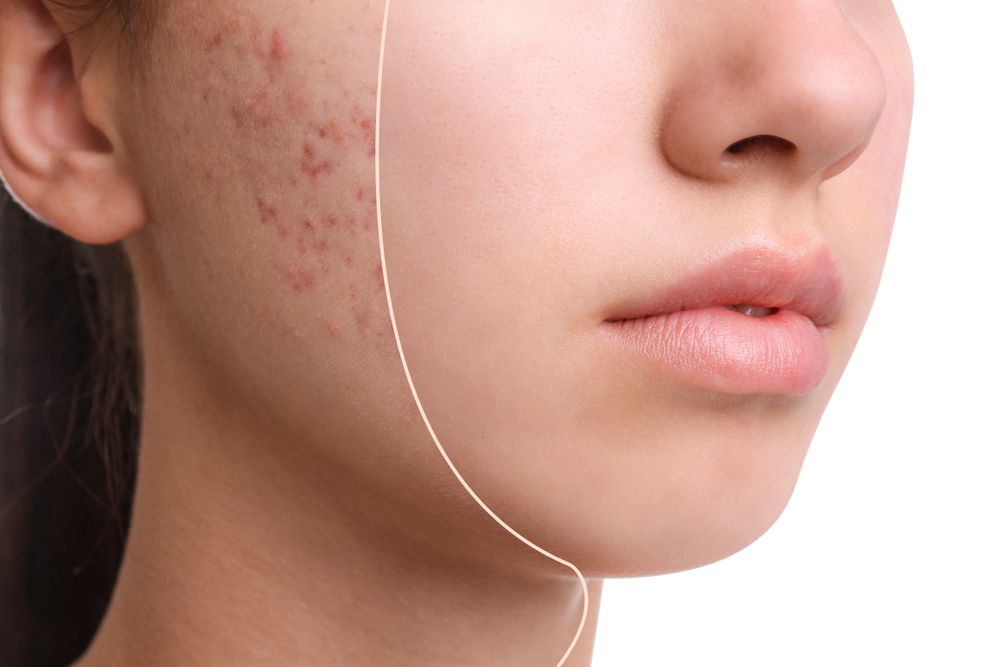Top 5 Tips for Healthy Winter Skin

Create a Moisturizing Routine for Your Winter Skin
As our skin is affected by the cold weather, moisture loss can occur, which can lead to dryness, irritation and cracks. Therefore, it is important to protect your skin by moisturizing it correctly. When creating your moisturizing routine, it is important to choose products that suit your skin's needs. When choosing a moisturizing cream or lotion, be careful to choose those that are suitable for your skin type, age and season. For example, you can prefer more intense and oily formulas for dry skin. You may also need to review your cleansing routine. Washing your skin frequently with hot water in the winter can dry it even more. Therefore, be careful to use warm water and gentle cleansers. You can support your skin with extra moisturizing products such as toner or serum. In addition, heating systems in indoor areas can also dry your skin. To prevent this situation, you can use a humidifier. In this way, you can maintain the moisture balance of your skin. For healthy winter skin, it is important to apply your moisturizing routine regularly. By following the steps of regular cleansing, moisturizing and protection, you can keep your skin moist and achieve a healthy and bright appearance. If you want more information or a personal evaluation, you can come to Clinic National and get support from our experts and create a moisturizing routine specific to your skin type. You can contact our clinic to make an appointment.

Don't Forget Sun Protection in Cold Weather
When the weather is cold, people often ignore the effects of the sun, but the sun's harmful UV rays can also damage our skin in the winter months. Applying sun protection in cold weather helps you prevent signs of premature aging, blemishes and other sun damage by protecting your skin from UV rays. Sun reflections increase especially in snowy areas, which can damage your skin even more. When choosing sun protection, it is important to prefer products that provide broad spectrum (UVA and UVB) protection and have at least SPF 30. You should not forget to apply a sunscreen or lotion suitable for your skin regularly. You should take care to protect sensitive areas such as the face, neck, hands and lips. Remember that you should use sun protection not only in summer but also in winter. The harmful effects of the sun can be felt even on cloudy days, so it is important to make it a habit to apply sun protection every day. For healthy skin, we at Clinic National are happy to guide you in choosing the right sun protection products for you and how to use them. You can make an appointment to see our experts to protect your skin and prevent future skin problems. We are waiting for you at our clinic to learn more about sun protection.
Increase Hydration in Winter Season
Winter season causes our skin to lose more moisture due to factors such as cold weather, wind and indoor heating. Therefore, it is very important to increase hydration to keep your skin healthy and moist during winter months. Hydration means increasing the water content of the skin to maintain its moisture balance. Drinking plenty of water moisturizes your skin from the inside out and helps it maintain its elasticity. Regular use of moisturizing products also helps to keep the skin moist during winter months. You can meet with our experts to understand your skin's needs and create a hydration plan that suits you. Our recommendations for keeping your skin healthy and moisturized during the winter season include daily moisturizer use, increasing water consumption, and applying moisturizing masks. For healthy and moisturized skin, you can come to Clinic National to talk to our expert team and create a hydration plan specific to you. We are waiting for you at our clinic to make an appointment and learn more.

How Can You Deal with Skin Blemishes and Redness During the Winter Months?
Dealing with skin blemishes and redness during the winter months is a really important issue. Cold weather, low humidity levels, and warm indoor spaces can increase skin sensitivity and cause existing blemishes and redness to become more visible. Fortunately, there are some effective methods to alleviate this problem and protect your skin. First of all, you should focus your skin care routine on moisturizing. It is important to nourish your skin with an intense moisturizer during the winter months. Moisturizing products reduce dryness by moisturizing your skin and reduce the appearance of blemishes and redness. Therefore, it is important to add a moisturizing cream or lotion to your daily routine. Remember to continue using sunscreen. The sun's rays affect your skin even in the winter months and can increase the appearance of spots and redness. A sunscreen with SPF
Using products can protect your skin from the harmful effects of the sun and prevent the formation of spots and redness. Nutrition is also important for skin health. Consuming foods rich in antioxidants can improve the overall health of your skin. Colorful vegetables, fruits, fish, foods containing Omega-3 fatty acids such as walnuts and drinks such as green tea can help your skin look healthy and bright. It is also important to get professional help. As Clinic National, we offer you customized solutions to deal with skin spots and redness during the winter months. Our experienced experts are here to offer you the most suitable treatment options. You can make an appointment and have a skin analysis and create a treatment plan specific to you.
What Should Your Skin Care Routine Be Like in Winter?
Winter can be a difficult time for our skin because cold weather, low humidity levels and temperature changes can affect your skin. Therefore, it is important to organize your skin care routine and protect your skin during the winter months. Here are some tips to help you create a proper skin care routine during the winter:
Moisturizing: Cold weather can dry out your skin, so prioritize your moisturizing routine. Moisturize your skin and protect its barrier by using a rich moisturizer. Cleanse your skin with a light toner before applying moisturizer to your skin.
Sun protection: Sun rays affect your skin during the winter months as well. Winter sun can sometimes be more harmful than expected. Don't forget to use sunscreen. Protect your skin from the harmful effects of the sun by using a high SPF sunscreen product daily.
Use more hot water: Hot water can dry out your skin even more. Therefore, limit the use of hot water during the winter months and prefer to take a lukewarm shower. Also, don't forget to apply moisturizer immediately after showering.
Strengthening the lipid barrier: Strengthening the lipid barrier of your skin is important during the winter months. This includes using natural oils to moisturize and protect your skin. Nourish your skin by using products containing natural oils or moisturizing oils.
Nutrition and drink: Your diet is also important for healthy skin. Make sure to consume nutritious foods during the winter months. Include foods that contain vitamin C, vitamin E, and omega-3 fatty acids in your diet. Also, continue to drink enough water so that your skin is hydrated from the inside.
We can help you create your winter skin care routine and choose products that suit your needs. We can create a personalized skin care plan for you by performing a skin analysis and ensuring you get the best results. Contact us to make an appointment or learn more.
İlgili Yazılar
See AllNeed to Contact Us?
We would want to hear more.








